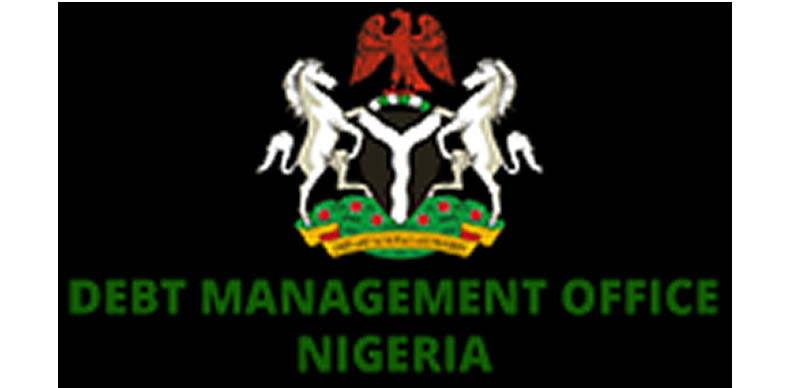Nigeria Debt rises to N44.06 in the third quarter of 2022.
Nigeria’s public debt rose to N44.06tn in the third quarter of 2022 as it continues with a repayment burden.
Also: DMO Says Nigeria’s Debt Sustainability Now Threatened Under Buhari
Newsonline reports that the nation’s debt stock rose by 2.85 percent from N42.84 trillion on June 30, 2022, to N44.06 trillion as of September 30, 2022, according to the figures from the Debt Management Office (DMO).
The figure reveals that Lagos State, which retained the number one position as the most indebted state in the country, increased its domestic debt burden by N80.33 billion in three months from N797,305,312,602.53 as of June 30, 2022, to N877,035,995,031.70 by September 30, 2022.
Lagos is trailed on the domestic debt stock by Delta State with N272.61 billion (N272,612,510,528.95), a decrease of N106.265 billion from the N378,878,236,830.75 it posted on June 30.
The debt management agency explained that the N1.22 trillion rise in three months was caused by the federal government’s borrowings to part-finance the 2022 budget deficit as well as fresh borrowings by the states.
A total of N26.92 trillion of the N44.06 trillion public debt is the domestic component while N17.15 trillion is external debt.
Further analysis of the debt figures indicates that the 36 states of the federation and the Federal Capital Territory (FCT) accounted for N5.363 trillion (N5,363,848,402,749.44) of the domestic stock of N26.92 trillion, leaving the federal government with a balance of over N21 trillion.
A statement posted on the DMO website said: “Total public debt stock, which comprises the total domestic and external debt stock of the Federal Government of Nigeria, all the state governments and the Federal Capital Territory (FCT) stood at N44.06 trillion.
“In comparison, the total public debt figure as of June 30, 2022, was N42.84 trillion. The total domestic stock as of September 30, 2022, was N26.92 trillion while the total external debt stock as of September 30, 2022, was N17.15 trillion.
“The increase in the debt stock was largely due to new borrowings by the federal government to part-finance the deficit in the 2022 Appropriation Act, as well as, new borrowings by sub-nationals.”
Meanwhile, a state-by-state analysis of the domestic debt profile shows that Lagos retained the number one spot as the most indebted state in the country.
As of June 30, 2022, the total domestic debt stock of the nation’s economic nerve centre stood at N797.3 billion (N797,305,312,602.53).
However, the state increased its domestic debt burden by N80.33 billion in three months from N797,305,312,602.53 as of June 30, 2022, to N877,035,995,031.70 by September 30, 2022.
Lagos is trailed on the domestic debt stock by Delta State with N272.61 billion (N272,612,510,528.95), a decrease of N106.265 billion over the N378,878,236,830.75 it posted three months back (June 30).
Ogun has the third highest domestic debt with N241.782 billion (N241,782,021,304.96), the same figure it posted on June 30.
Rivers is fourth on the domestic debt scale with N225.5 billion (N225,505,011,356.00).
However, the DMO explained that the Rivers State figure was as of September 30, 2021.
The debt management agency’s figures also revealed that the federal government’s actual domestic debt service payout between July and September 2022 stood at N820.59 billion.
The debt instruments for which the amount was used to service were the Nigeria Treasury Bills (NTBs), Federal Government Bonds, FGN Savings Bonds and Treasury Bonds.














